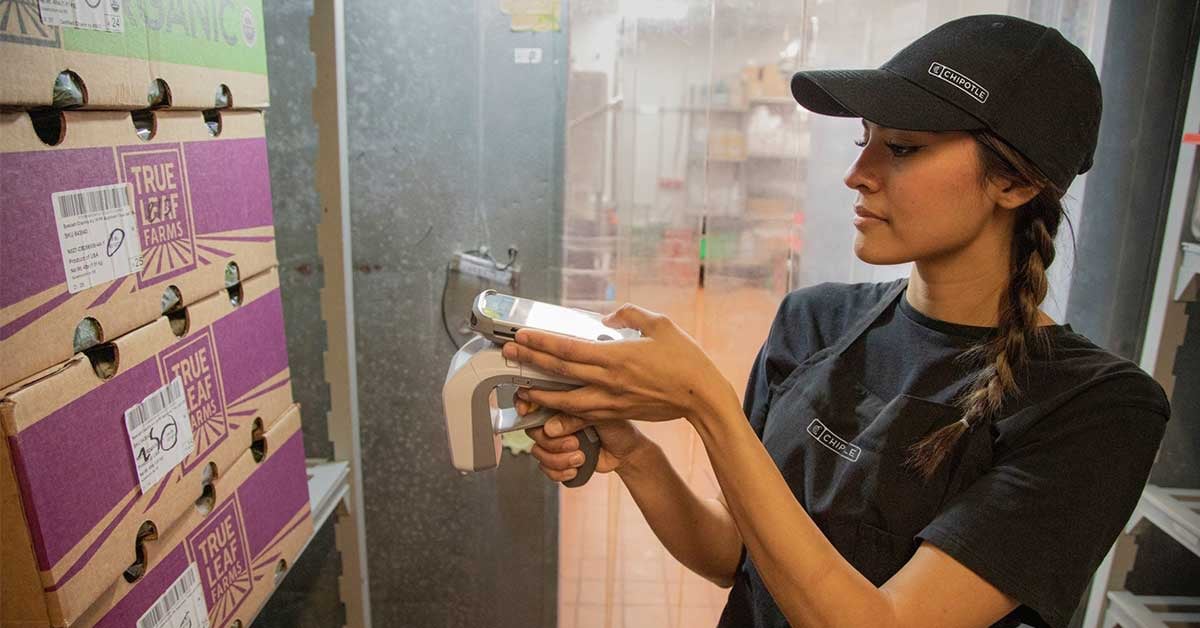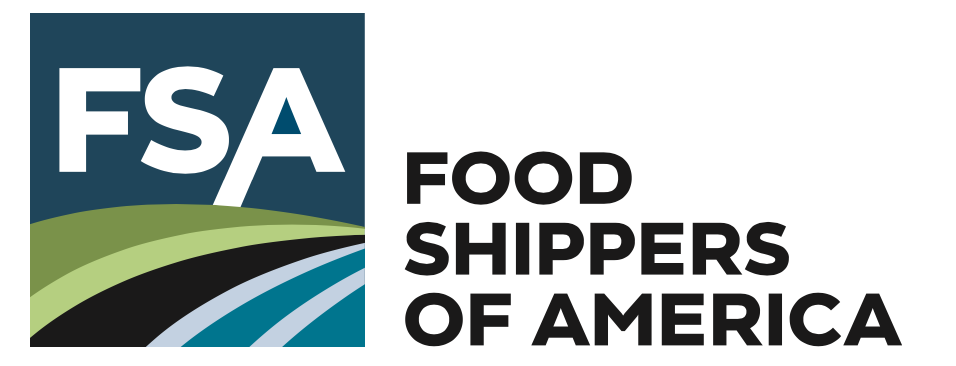Chipotle: The Journey of RFID Food Traceability
by Staff, on Nov 20, 2023 5:19:19 PM

Chipotle Mexican Grill is scaling up its use of radio-frequency identification technology (RFID) to trace ingredients from suppliers to restaurants in real-time and strengthen its inventory systems, says Carlos Londono, Vice President of Supply Chain at Chipotle Mexican Grill. A leader in food safety within the restaurant industry, Chipotle is one of the first major restaurant companies to leverage RFID case labels to track ingredients from suppliers to restaurants via serialization.
 “Food safety continues to be a priority for every food company in the world and it’s imperative to know where your products come from and where they’ve been at all times,” says Londono. “You need good visibility of the value chain so if something were to happen you can address the problem right then and there. That’s why we decided to head down this path and identify a technology that could help us achieve this capability.”
“Food safety continues to be a priority for every food company in the world and it’s imperative to know where your products come from and where they’ve been at all times,” says Londono. “You need good visibility of the value chain so if something were to happen you can address the problem right then and there. That’s why we decided to head down this path and identify a technology that could help us achieve this capability.”
Small Testing Before Broader Application
A few years ago, Chipotle began with a very small test using RFID technology, recalls Londono at the recent Reuters Supply Chain USA Conference, which Food Chain Digest attended. RFID are smart bar codes that can automatically identify and track inventory. Although they’re more commonly used in retail, Chipotle has worked over the past several years to see whether the technology could translate to the restaurant industry.
Through success and learnings, Chipotle expanded the test in RFID technology to enhance its traceability and inventory systems at its Chicago distribution center and approximately 200 restaurants in the greater Chicago area.
“RFID labels transform inventory management into an automatic, digital function that optimizes restaurant operations and gives our Restaurant Support Centers access to inventory data in real-time,” says Scott Boatwright, Chief Operating Officer of this expanded test. “This integrated technology is improving our employee experience in participating restaurants while also benefiting our supply partners.”
Committed to rigorous “food with integrity” standards, Chipotle purchased more than 35 million pounds of locally grown produce in 2021 and at that time had spent more than $400 million in food premiums over the last two years to buy responsibly sourced and humanely raised ingredients. The brand then further increased transparency into the direct source of its ingredients. Through this test, the company worked closely with the Auburn University RFID Lab to refine the pilot program, which was being tested on meat, dairy, and avocados from five Chipotle suppliers. Through this test program, ingredients arrived at Chipotle restaurants affixed with RFID enabled case labels and were scanned by RFID readers, which complement existing scanners in the restaurants, requiring minimal incremental investment. The tech-enabled traceability system is designed to allow the company to act on food safety and quality concerns swiftly, efficiently, and precisely.
Participating suppliers invested in RFID technology using Chipotle specifications, which saved suppliers time on inventory management and stock rotation, mitigate human error, and increase expiration date visibility and accountability. Chipotle had invited key supply partners to participate in the test and provided partners with an RFID playbook with best practices and benefits of the program – which ultimately proved to enhance the restaurant chain’s robust traceability program.
Where Is RFID Food Traceability Today?
Fast forward to today, and Chipotle has essentially asked all of its suppliers to tag products with RFID, according to Londono. He says that although Chipotle is still testing the use of the technology on a regional basis, the company plans to roll it out on a nationally basis soon.
Using RFID technology provides Chipotle with a real-time snapshot of its inventory across its distribution centers and restaurants, but the technology also benefits the company’s suppliers. Vendors can use Chipotle’s RFID system to improve their own inventory management processes and reduce repetitive tasks.
The investment to integrate the technology is minimal since RFID readers already complement existing scanners in restaurants, says Londono.
“It’s imperative to know where your products come from and where they are at all times,” concludes Londono said. “You have to have very good visibility of that supply chain and the value chain so that if something were to happen, you can address it right away.”
Interested in having access to this article in its entirety?
It was published in Edition 3 of Food Chain Digest, the official magazine of Food Shippers of America. Download your FREE copy now.
Like this kind of content? Subscribe to our "Food For Thought" eNewsletter!
Now more than ever, professionals consume info on the go. Distributed twice monthly, our "Food For Thought" e-newsletter allows readers to stay informed about timely and relevant industry topics and FSA news whether they're in the office or on the road. Topics range from capacity, rates and supply chain disruption to multimodal transportation strategy, leveraging technology, and talent management and retention. Learn More




